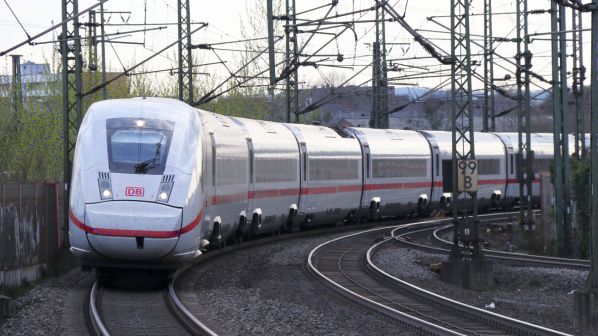The trains are being supplied by Siemens but the production of painted car bodies, inside-frame bogies and completion of three types of vehicles (including driving cars) is subcontracted to Bombardier, which is carrying out the work at its factories in Germany and Poland.
Siemens says the welding faults by its subcontractor Bombardier are “isolated” to a small number of ICE 4 car bodies due to the work not being performed as prescribed. Both Siemens and DB have stated that the welding defects are not safety-critical and the ICE4 fleet remains in passenger operation.
Siemens also says that together with Bombardier it proactively revealed the manufacturing defect to the German Federal Railway Authority (EBA) and that car bodies now in production meet the agreed quality requirements.
DB says it expects the manufacturers to repair all affected vehicles where necessary under existing warranty arrangements in the purchase contracts.
Planning is now underway for a programme of inspection, and where necessary rectification. This work is being led by Siemens and DB with Bombardier and the EBA.
DB says it will not accept any further ICE4 sets until the inspections have begun and the scale of the problem becomes clear.
The ICE4s were introduced in December 2017 and around 25 12-car sets are currently in service.

